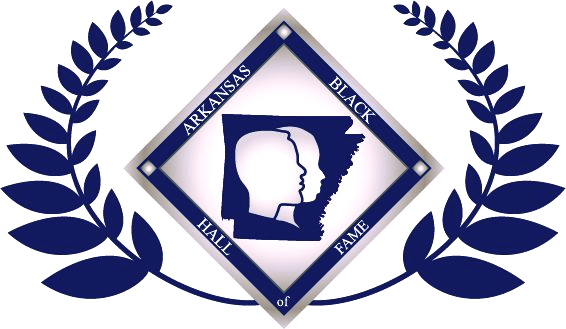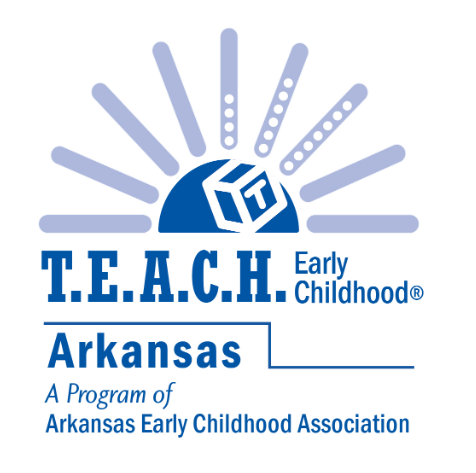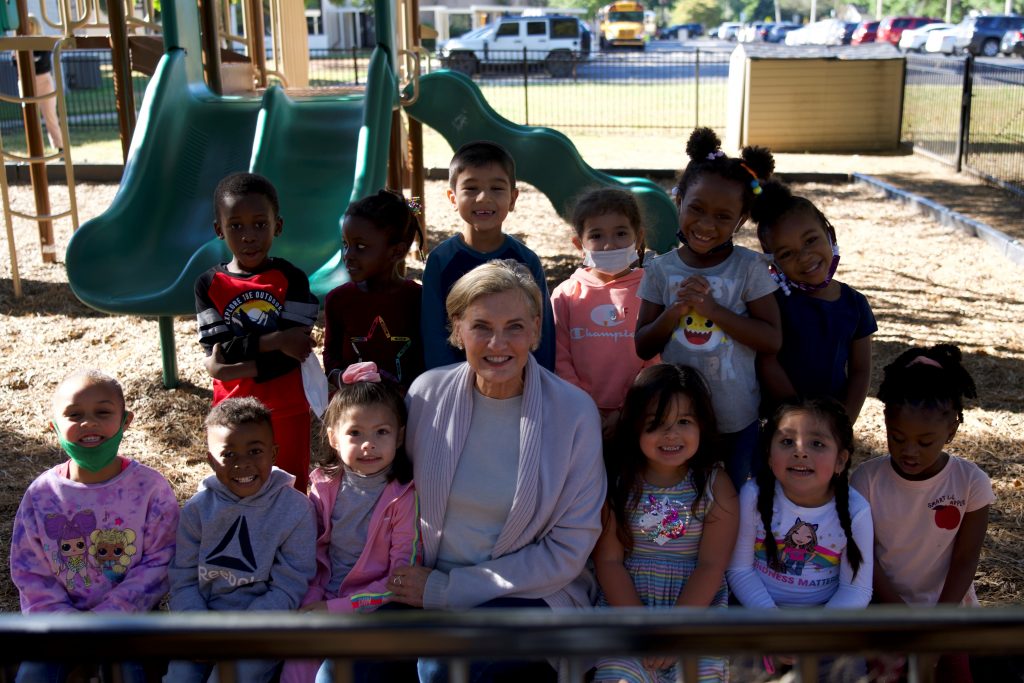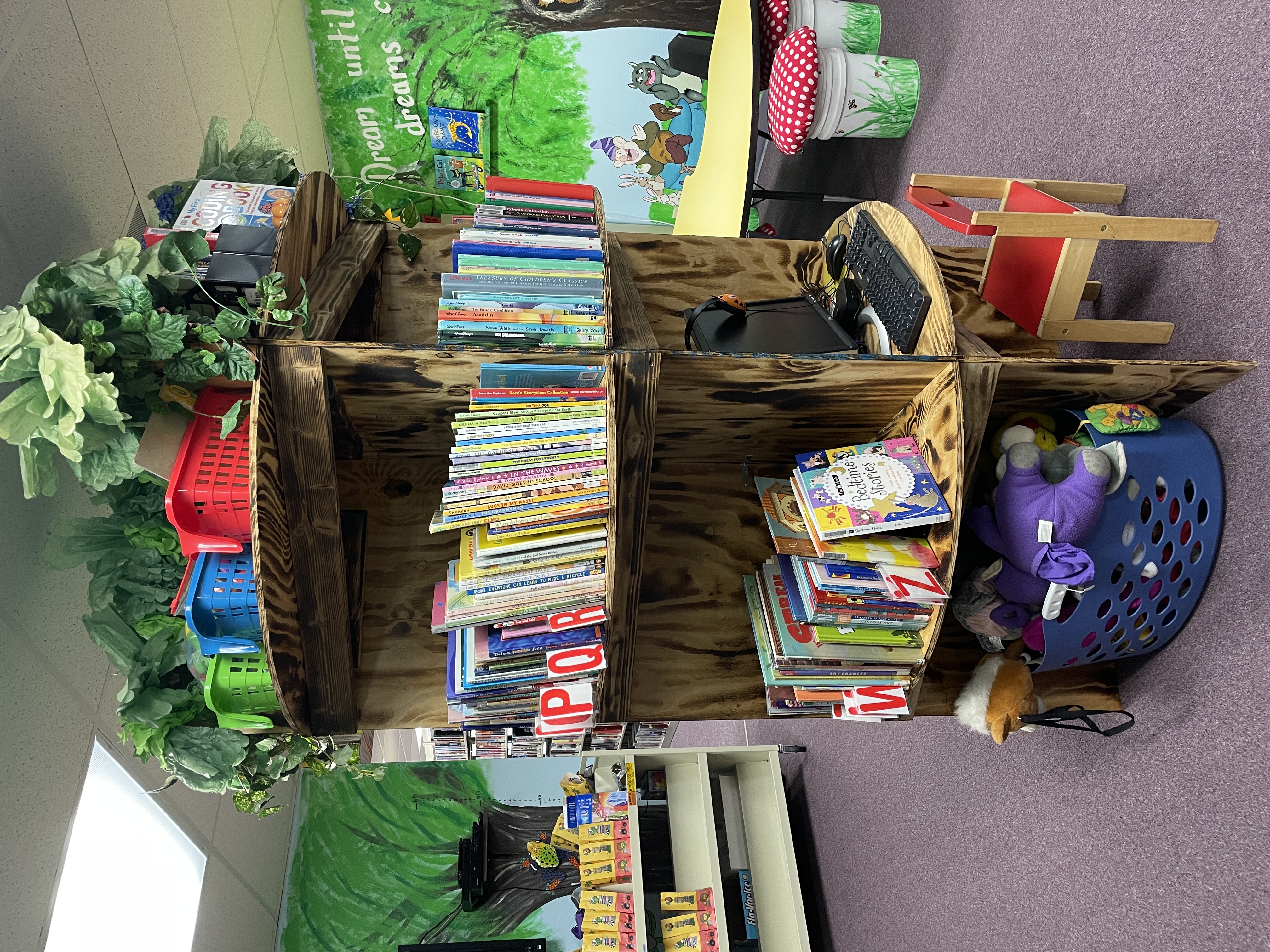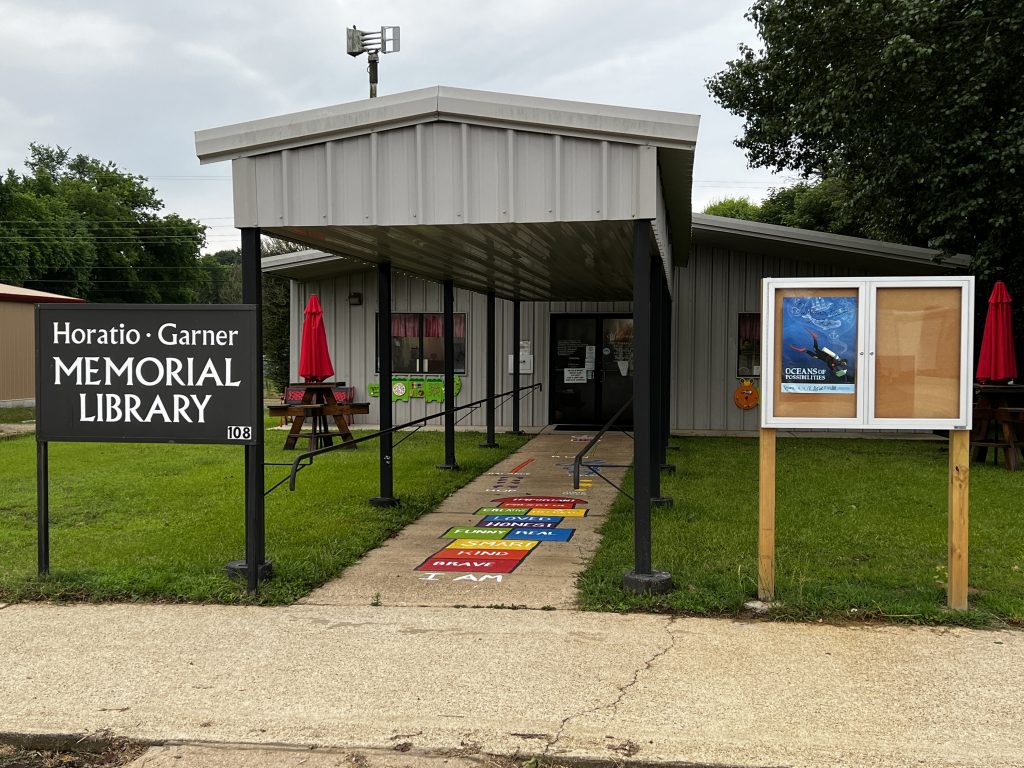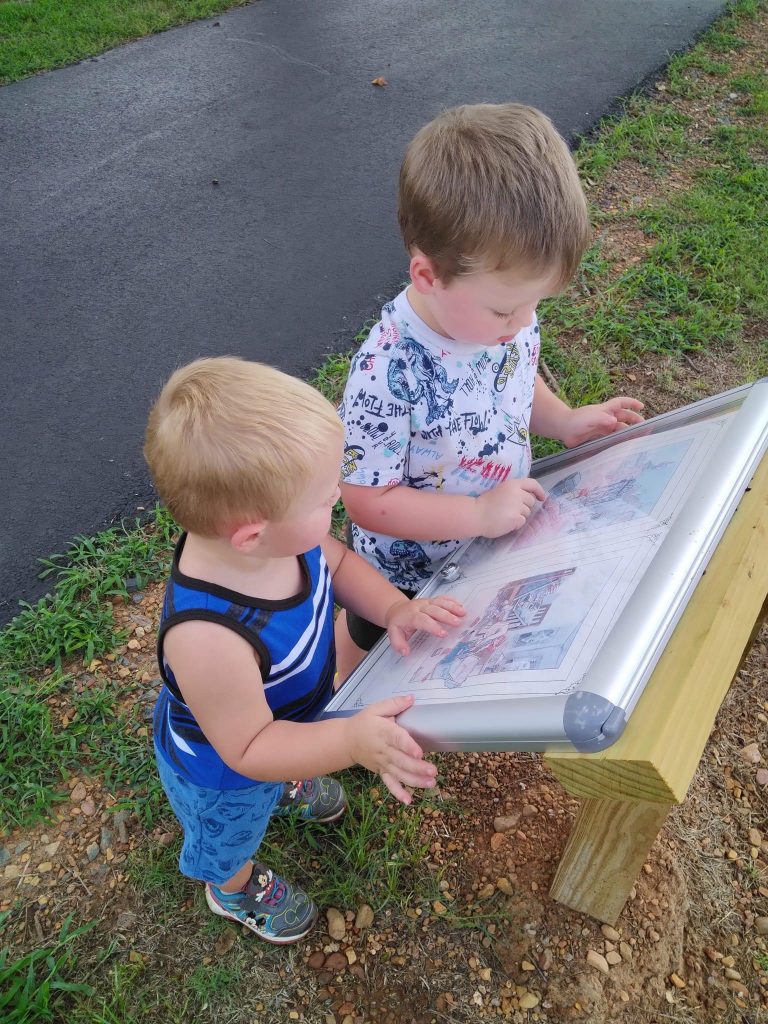Most attorneys, accountants and financial advisors are well-aware of donor advised funds and the reasons behind their popularity. Especially when established at the Community Foundation, a donor advised fund is an excellent way for your clients to organize their charitable giving and get even more connected to the causes they care about.
Enter the Qualified Charitable Distribution
Your clients can give nearly any type of asset to a donor advised fund at the Community Foundation. A notable exception, though, is the Qualified Charitable Distribution (QCD.) A QCD allows a taxpayer 70 ½ or older to make a direct transfer of up to $100,000 annually from an IRA to a qualifying charity. A donor advised fund is not considered to be a qualifying charity. Although donor advised funds cannot accept QCDs, the Community Foundation offers other types of funds that can accept QCDs. For example, designated funds and field-of-interest funds held at the Community Foundation are ideal recipients of QCD transfers. These fund types are often overlooked, despite the high value they can deliver to your client and to the community.

What is a field-of-interest fund?
The Council on Foundations defines a “field of interest fund” as “A fund held by a community foundation that is used for a specific charitable purpose such as education or health research.” Perhaps your client is passionate about rare-disease solutions, food insecurity or access to art. Your client decides on a name for the fund (can be the family name, cause-related or even nondescript) and then the knowledgeable team at the Community Foundation distributes grants from the field-of-interest fund in a way that is aligned with your client’s values and charitable wishes outlined in the fund agreement.
What is a designated fund?
Designated funds are defined as, “A type of restricted fund in which the fund beneficiaries are specified by the grantors.” These are a good choice for a client who knows they want to support a particular charity or charities for multiple years. The client names the fund and the Community Foundation fulfills the distributions. Made over time, these funds can help the charity or charities’ cash flow planning. Distributions are aligned with your client’s wishes set forth in the original fund document.
QCD reminders
For the client aged 70 ½ through 72, a QCD removes funds from an IRA before the client reaches the age-73 threshold for Required Minimum Distributions (RMDs.) This can lessen the eventual income tax hit that accompanies RMDs. And for RMD-applicable clients, the QCD counts toward their RMD. In both cases, the QCD transfers do not fall into the client’s taxable income. QCDs are even more popular now that the $100,000 cap will be indexed for inflation under the new laws. Also, under the new laws, a one-time, $50,000 distribution to a charitable remainder trust or charitable gift annuity is now permitted.

